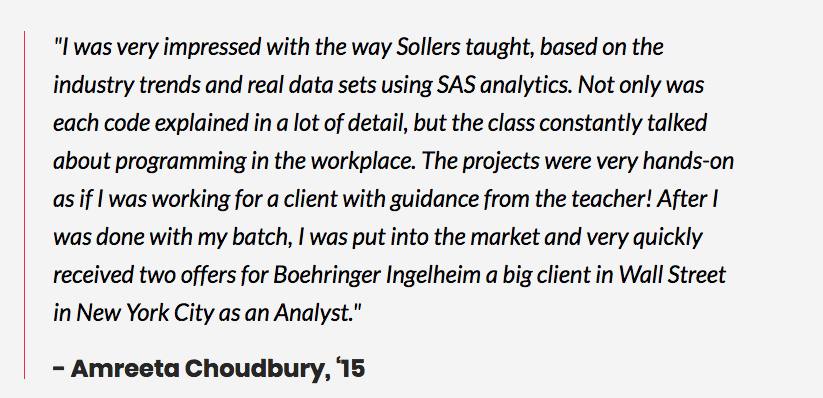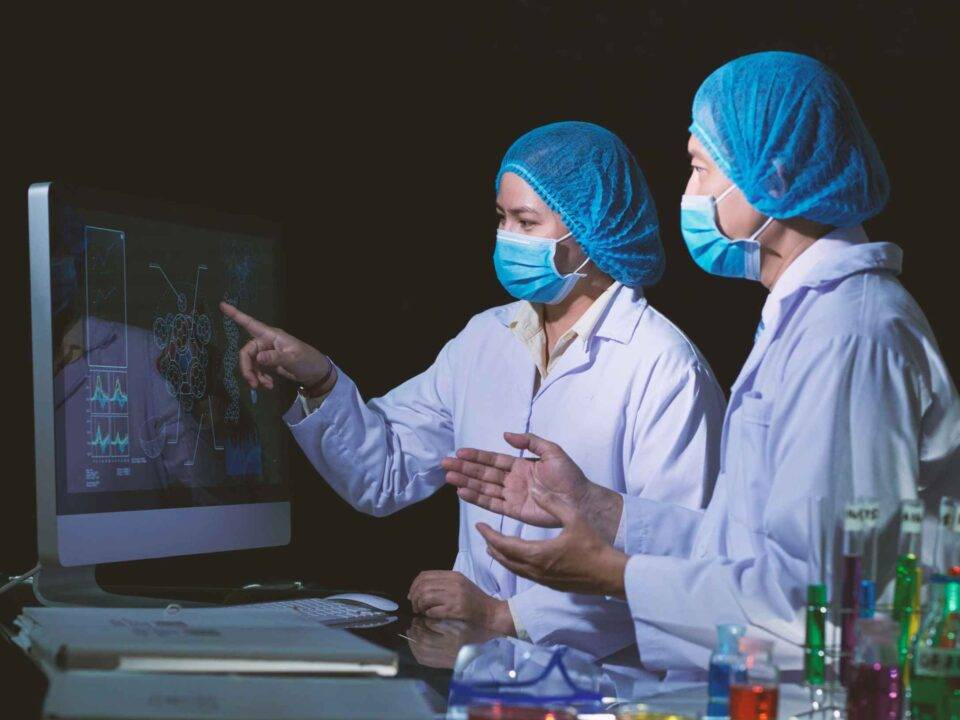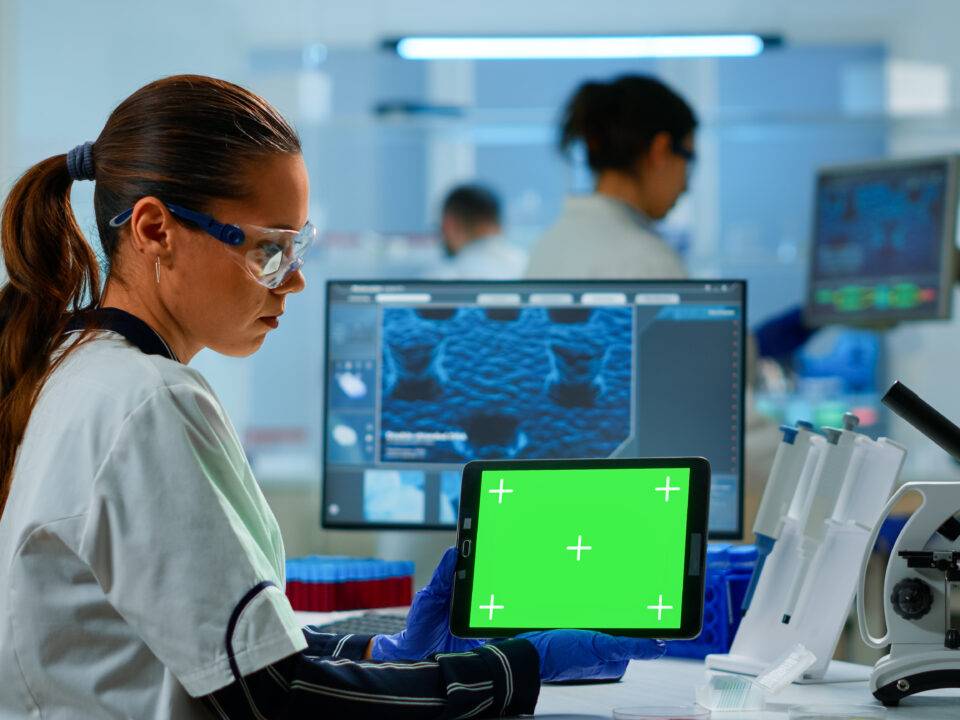The global impact of data across academia and industry has given rise to multi-disciplinary professionals eager to gain necessary skills to make data-backed decisions. For healthcare and clinical research fields, the need for statistical and computational resources is even greater. No wonder then, that careers in clinical biostatistics and SAS programming are expected to grow by 20%, according to the US Bureau of Labor Statistics.
There are ample training opportunities available in the market today reflecting this rising demand. Some are even offering free SAS training! But as with most educational qualifications, while theoretical knowledge is extremely important; it is not enough to break into an industry or a new career. Here’s a quick guide on what you can do to get credible experience in clinical SAS analytics:

1. Take up a training program that has practical experience integral to curriculum:
Since there are a dime-a-dozen training courses and programs available in the market today for clinical SAS analytics, how do you find one that fits your criteria, budget, is legit, credible as well as helps you achieve your ultimate professional goal – get a job/career? One key component which our students often admit they underestimated during their research is the proportion of practical experience / projects as part of the overall training. Our clinical SAS Analytics program offers a unique, three month experience of working with a global clinical research organisation, that allows you to implement what you learn in the program, and gain credible, practical experience. Not only that, you also get an experience letter from the CRO, upon completion of the project/s.
We truly believe that while conceptual understanding is critical and foundational, it is the practical exposure in training that enables our students to actually secure their desired careers and add value to future employers.
2. Maximise the opportunity to work on real-projects to develop skills that classroom learning may not cover
A good training program should offer you opportunities to work on case-studies, projects, or anything that allows you to learn practical, real-life application, as that is what will give you a competitive edge in your job search. In our clinical SAS program, you work on real problems, like creating analysis data sets, or comparing them, or creating reports from raw data. You work on the actual SAS software – to create or analyse data sets – to find real solutions and tasks that they will be doing as a clinical SAS professional.
This is the value that your chosen training program should be able to add for you : give you enough, real-world, hands-on experience to not only be prepared for your desired job, but excel at it.
 3. Network, network, network!
3. Network, network, network!
It is a well-known and widely-accepted fact that networking is one the most critical factors in helping you find a desired job. Our clinical SAS program provides you ample opportunities to network while in the classroom, as well as onsite, during the internship project/s with the CRO. You get exclusive support from project coordinators, and mentors having global exposure in clinical programming while working on industry projects. You participate in online forums, discussions and weekly meetings. Believe it or not, the process of networking also allows you to get relevant experience and skills required on the job. So take up a training program that offers ample opportunities to network!
Getting relevant experience is very important in careers like SAS clinical, where you are required to work on tools and processes right from the start. Make sure you choose a training program that offers you real opportunities to gain practical experience, just as our our clinical SAS analytics program does. Join one of our upcoming information sessions to learn more.



